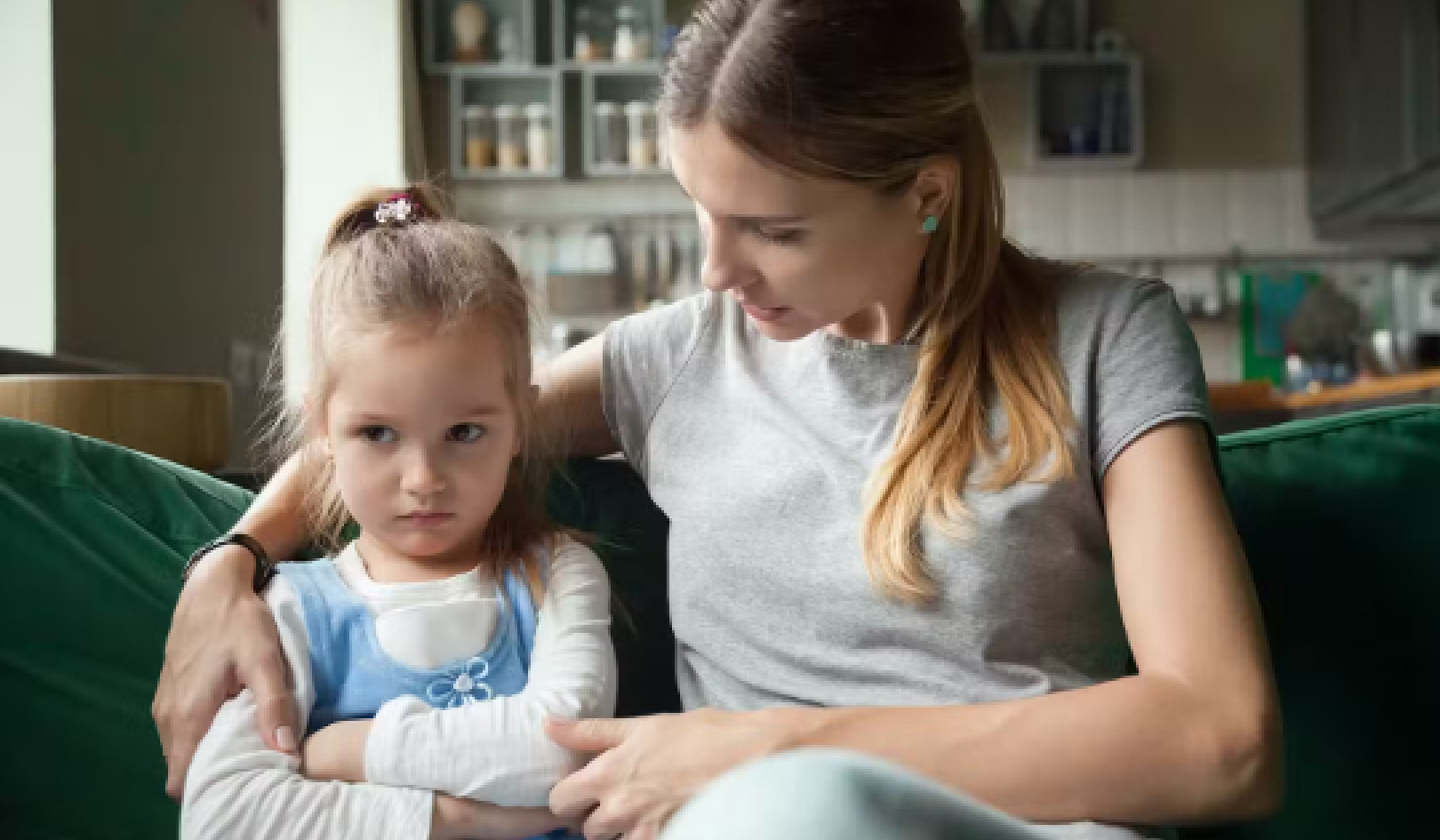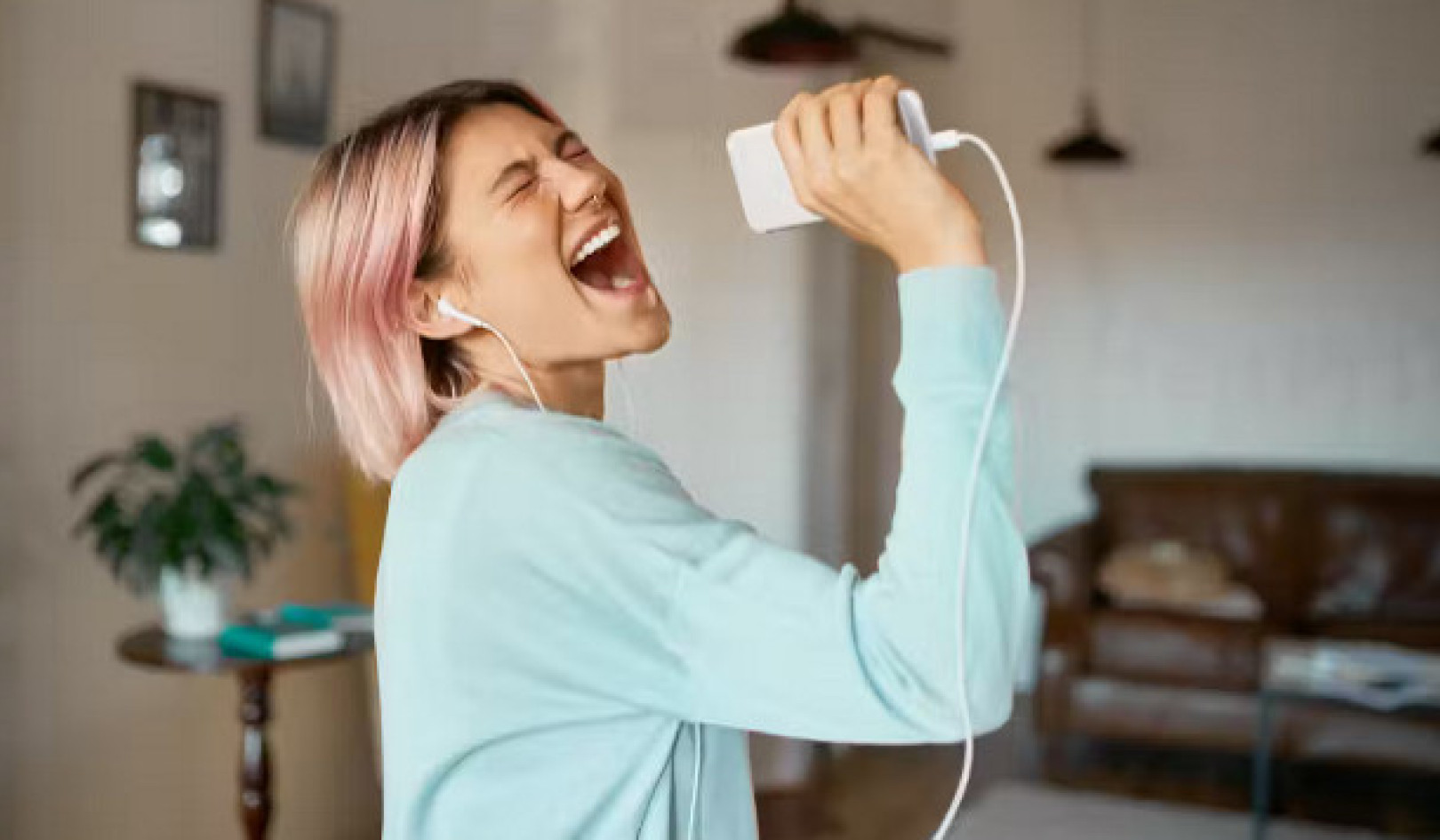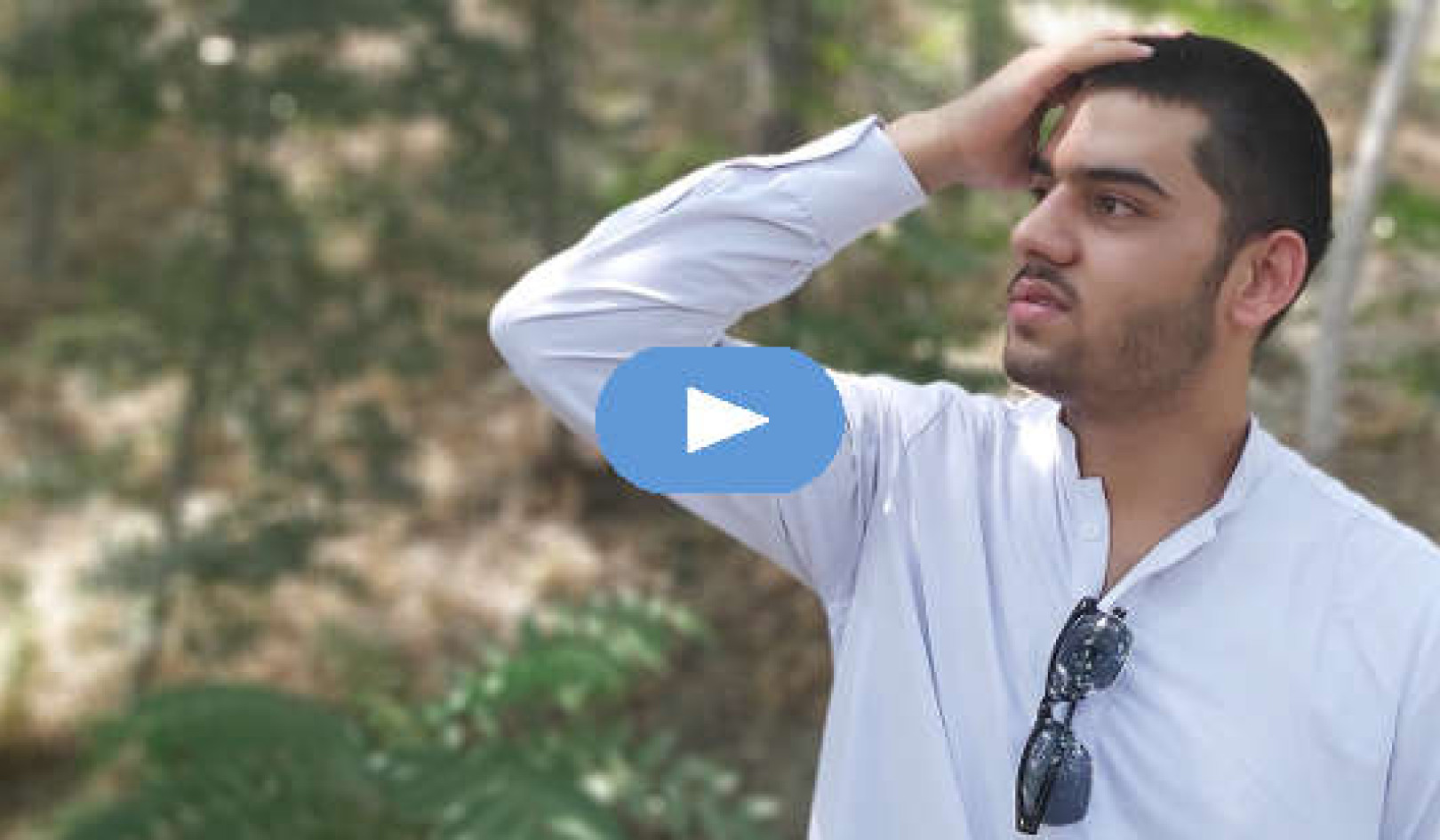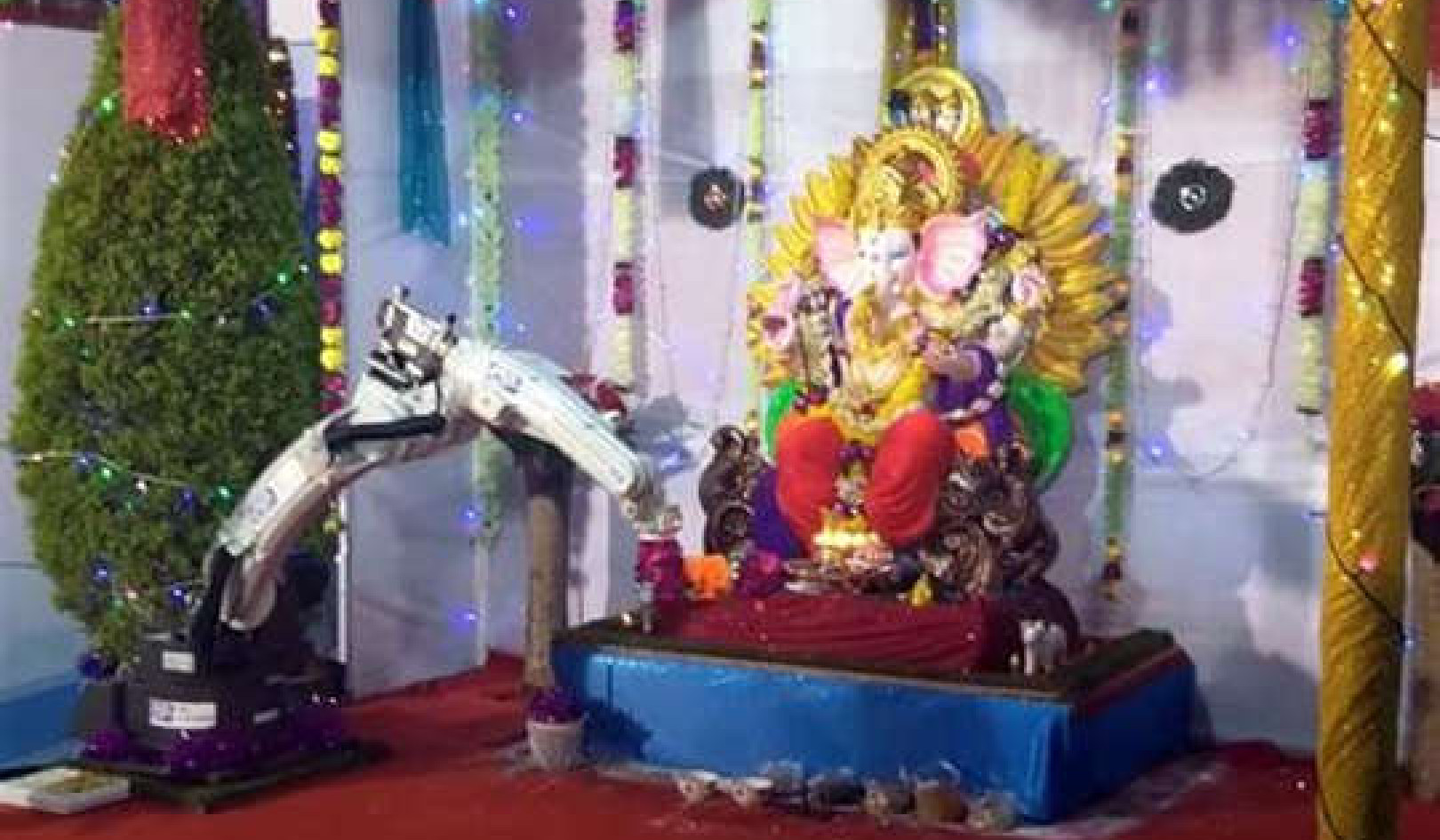 By acknowledging our biases we can find ways to mitigate their impact on our decision making. (Shutterstock)
By acknowledging our biases we can find ways to mitigate their impact on our decision making. (Shutterstock)
People tend to think having biases is a bad thing. From the COVID-19 pandemic, to education and the workplace, tackling and mitigating bias is very much a topic of conversation.
But, if we want to create a more just society we need to first understand biases as natural products of our environment.
We develop biases and perspectives as reactions to experiences that prepare us for evaluating information that we will encounter in the future.
We all have biases to some degree, whether we care to admit this or not. Our biases remain innocuous until our assumptions impact our behaviours toward other people. By acknowledging our biases we can find ways to mitigate their impact on our decision making.
Our perceptions of bias and our perspectives fundamentally affect how we interact with our environments. Take myself for example, I’m a motivation and education researcher in the Faculty of Education and Faculty of Health Sciences at Queen’s University. I tend to be moved by evidence that explains and explores why someone did or should do something. That’s why the motives behind bias are fascinating to me.
Motivation and biases
Our biases are consciously and unconsciously shaped by what motivates us. The motives behind our actions shape how we see the world and everything in it. With this understanding it is impossible to be impartial on many issues.
I’ll use a motivation theory called Expectancy-Value-Cost (EVC) to explain this. Our motivations for anything can be sorted into three overarching groups of factors: expectancies (expectations of success), values and costs.
Expectancies are a combination of self-concept (how I see myself) and self-efficacy (I believe myself to be capable of this task). For example, does a person believe they are impartial and capable of being impartial on a particular issue.
Values are the reasons why we do something (it would be fun, fulfils my identity, or I expect a reward for doing this). Someone who aspires to be even-handed or identifies as being just and fair would naturally be more willing to consider the possibility that their view might be skewed by a past experience or what they have perceived.
Confronting biases also has perceived costs. Costs are the inherent and holistic price of doing something (extra effort, pressure, discomfort). Consider how uncomfortable it can sometimes be to challenge our assumptions and admit that we might have been less than fair, intentionally or unintentionally.
When we act on biases we are driven by factors like these. Although they vary from person to person, these three factors paint a generally applicable picture.
Mitigating bias
The best you can hope for is to be aware of how you are biased and mitigate its impact. Our perspective on something as simple as a hockey hit or as complex as thoughts that spur discussion of histories that could demand a shift in worldview, are influenced by our past experiences.
By stigmatizing bias, we treat it as something to evade, avoid and conceal instead of something we must discuss. This makes unmitigated biases — the ones that we convince ourselves that we do not have — a source of division and shame that impedes our progress.
By not addressing unmitigated biases, we are setting people up to avoid difficult conversations and to live as if some folks’ experiences don’t exist or that perspectives other than their own are not valid. This lets biases fester into something that makes injustices more likely.
Where this becomes a threat to justice is when we believe we see things more clearly than others. Instead, we should ask ourselves why we are seeing things the way we do and consider what could be informing our bias.
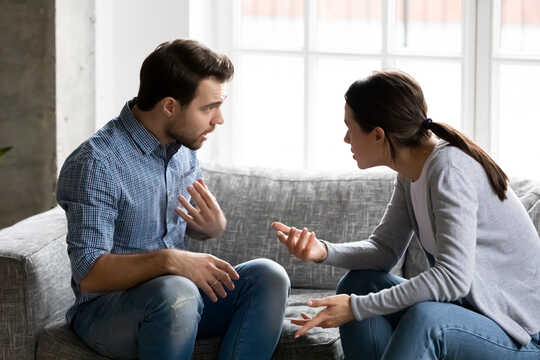 Acknowledging bias allows us to make amends, make better decisions and eventually change for the better. (Shutterstock)
Acknowledging bias allows us to make amends, make better decisions and eventually change for the better. (Shutterstock)
I’ll go first. I love Canada, the nation that accepted my parents’ families as refugees who were seeking a better life and willing to work hard for it. But if I allow my love for Canada to make me blind or numb to horrific historic injustices that have happened in this country, then I am contributing to a status quo that actively harms others.
By acknowledging our biases, we make it possible to do something about them, be aware of them and control how they affect us. Acknowledging bias allows us to make amends, make better decisions and eventually change.
Understanding the motivations and broader implications of having biases means we can better contain their negative influence and advance justice in our society.
What we need is a bias literacy of sorts. When we stop challenging our biases and those of others, critical conversations stop happening. Biases are natural products of our experiences, but the ability and willingness to disclose and challenge our biases are acquired through putting in the hard work.
About The Author

Books Improving Attitude and Behavior from Amazon's Best Sellers list
"Atomic Habits: An Easy & Proven Way to Build Good Habits & Break Bad Ones"
by James Clear
In this book, James Clear presents a comprehensive guide to building good habits and breaking bad ones. The book includes practical advice and strategies for creating lasting behavior change, based on the latest research in psychology and neuroscience.
Click for more info or to order
"Unf*ck Your Brain: Using Science to Get Over Anxiety, Depression, Anger, Freak-Outs, and Triggers"
by Faith G. Harper, PhD, LPC-S, ACS, ACN
In this book, Dr. Faith Harper offers a guide to understanding and managing common emotional and behavioral issues, including anxiety, depression, and anger. The book includes information on the science behind these issues, as well as practical advice and exercises for coping and healing.
Click for more info or to order
"The Power of Habit: Why We Do What We Do in Life and Business"
by Charles Duhigg
In this book, Charles Duhigg explores the science of habit formation and how habits impact our lives, both personally and professionally. The book includes stories of individuals and organizations who have successfully changed their habits, as well as practical advice for creating lasting behavior change.
Click for more info or to order
"Tiny Habits: The Small Changes That Change Everything"
by BJ Fogg
In this book, BJ Fogg presents a guide to creating lasting behavior change through small, incremental habits. The book includes practical advice and strategies for identifying and implementing tiny habits that can lead to big changes over time.
Click for more info or to order
"The 5 AM Club: Own Your Morning, Elevate Your Life"
by Robin Sharma
In this book, Robin Sharma presents a guide to maximizing your productivity and potential by starting your day early. The book includes practical advice and strategies for creating a morning routine that supports your goals and values, as well as inspiring stories of individuals who have transformed their lives through early rising.
Click for more info or to order
This article originally appeared on The Conversation

















